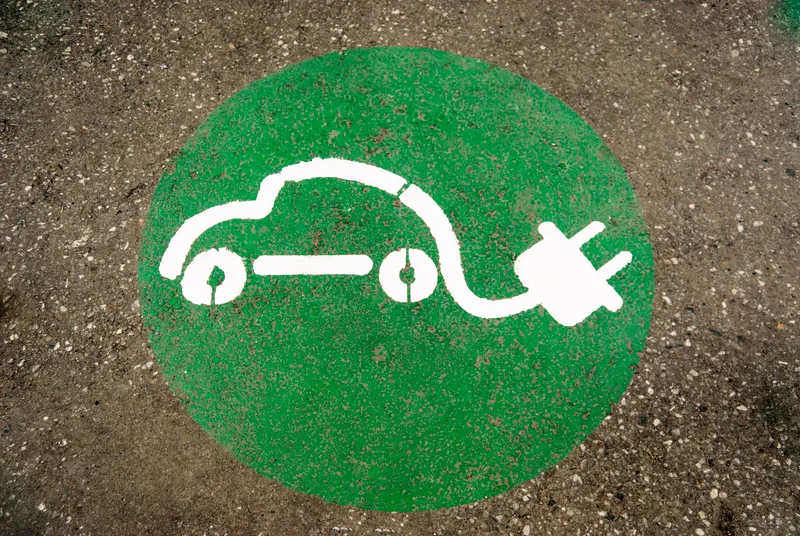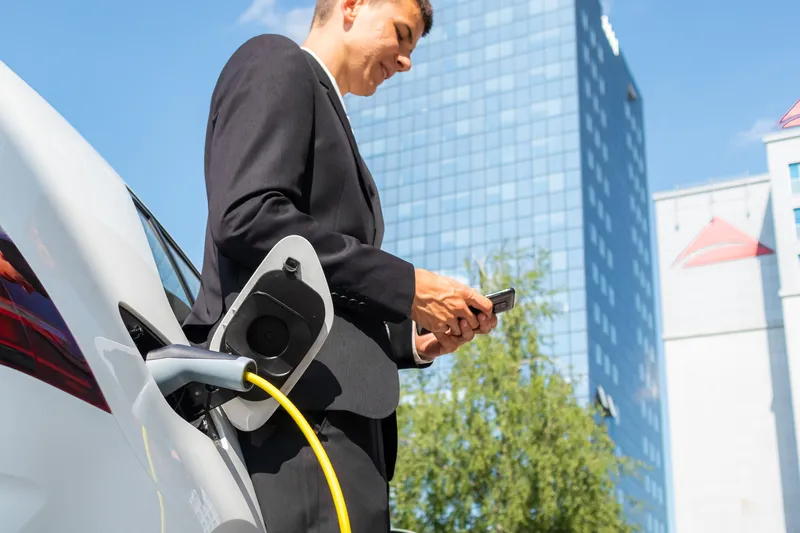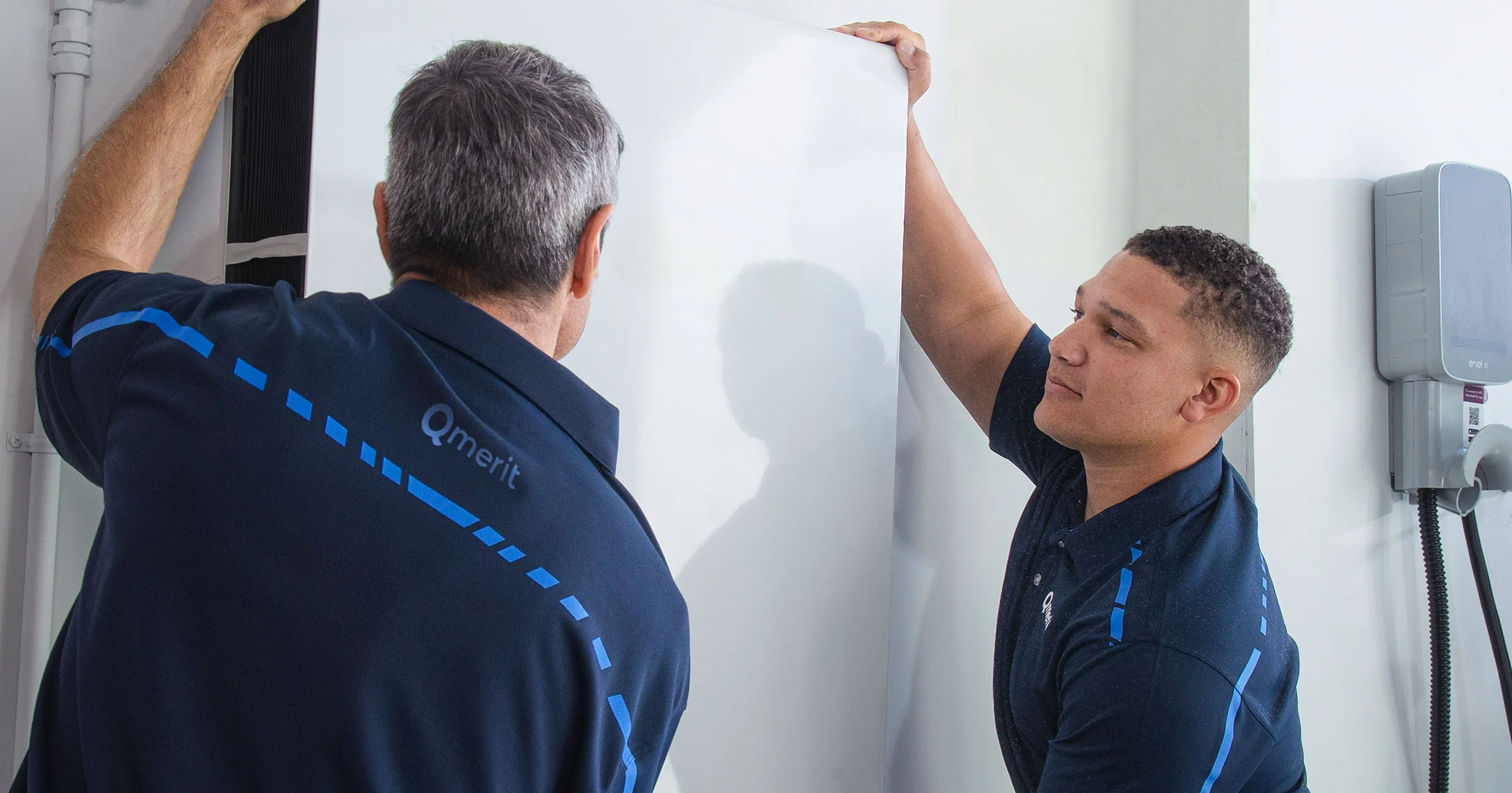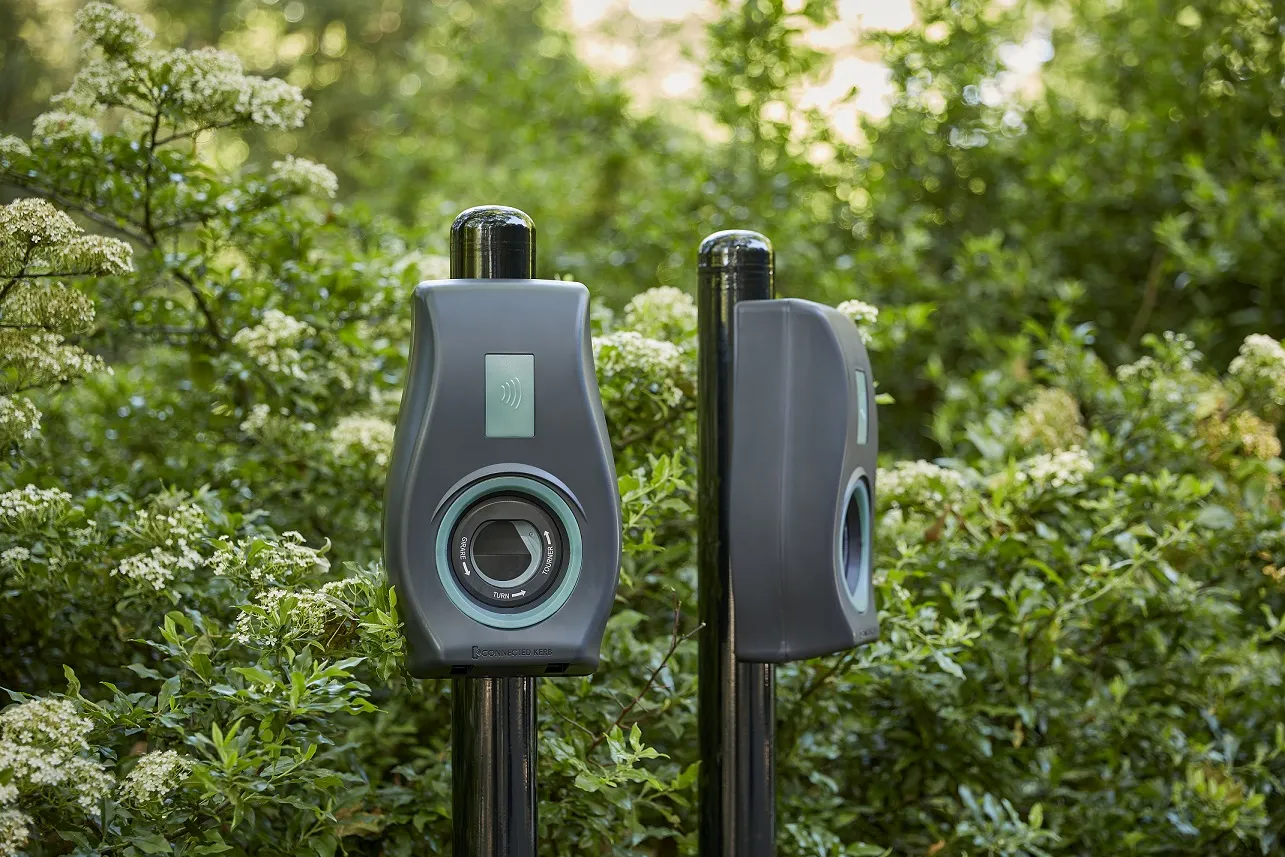
In the US, federal funding programs, states, and EV charging station manufacturers have set requirements for installing EV charging infrastructure that affects site hosts, electrical contractors and electricians.
Bernie Kotlier is co-chair at National Electric Vehicle Infrastructure Training Program (NVETP) - a non-profit industry training and certification program founded at the University of Michigan that focuses on the technical requirements and the safety imperatives of EV charging infrastructure.
The training concludes with an exam that electricians must pass to achieve certification, and certification must be renewed every three years.
Speaking at the EV Charging 101 virtual event, Kotlier said that deployers must properly research their project, get the right qualified people in place, and be aware of local variations in rules and regulations that can apply in different jurisdictions
One of the most important EV charging infrastructure funding programs in the US is the NEVI program (the National Electric Vehicle Infrastructure Program), whose first tranche has allocated US$5bn in charging infrastructure funding across all US states.
"Each state has slightly different rules and regulations, as well as local jurisdictions such as cities, counties and towns," says Kotlier. "For whatever state (or states) you are going to be working in, look at that state's specific plan and find the elements that you need to comply with. There will be requirements around zoning, fire and building codes.
"The watchword is do your research in the areas you are going to be working in, and talk to the local officials."
One constant in the NEVI plan across all states is the requirement for EVITP-certified electricians to be used in charging installations.
Kotlier says getting the right contractor for a project is also vital. A general contractor may be needed if the installation involves a number of trades. If the project is primarily electrical, a general contractor may not be needed.
The range of EV charging projects is also wide, from basic residential and small business projects with Level 2 chargers, to DC fast charging, inductive charging in transit, and fleet projects. "Not every contractor has the necessary knowledge and experience to do every kind of project," Kotlier adds.
He advises that deployers should start project discussions with contractors as early as possible. "For many projects having a local contractor is a really big advantage. They are very familiar with the local building, fire and electrical codes. In many cases they know the people having jurisdiction in the authority. They can help negotiate to get the project approved, and this can reduce the cost."
It also important to find a contractor who is EVITP-approved and also electricians - who are doing the hands-on work - that are EVITP-certified. Contractors can become EVITP-approved by signing an agreement to deploy EVITP-certified electricians. This information can be found on the EVITP website at https://evitp.org, which gives details of contractors and electricians by state.









